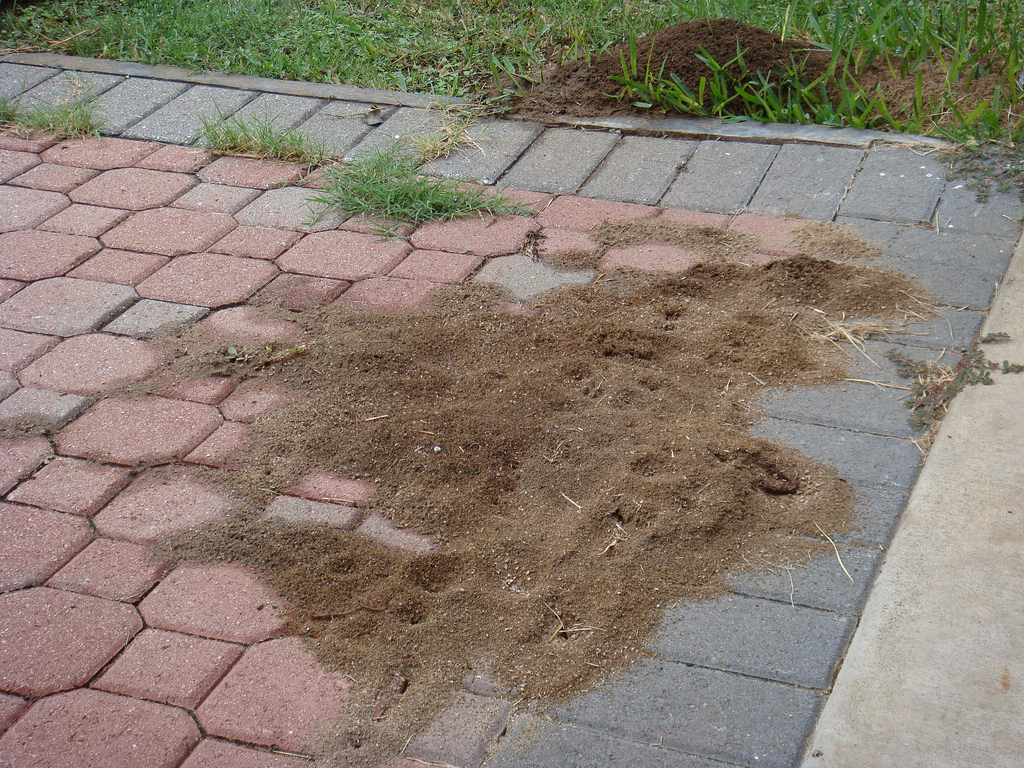It’s time for fire ant control
Published 9:47 pm Friday, July 13, 2018
We all hoped that the extra cold winter would decrease summer insect populations. Unfortunately, that is not always the case. Fire ant control is a never-ending battle across Mississippi, but with a strategic plan and persistence you can keep them to a minimum in your lawn.
There are several methods of applying products that control fire ants. Mound drenches, dry mound treatments, broadcast spray or broadcast granules are good strategies. One of the most effective for homeowners in terms of cost and effort is granular bait applied three times a year. Our holidays are a great way to remember when to apply — Easter, July Fourth and Labor Day. Baits can be applied to individual mounds, but when broadcast across the entire area; you also eliminate small undetected colonies that quickly replace larger ones you individually treated.
The insecticides or growth regulators used in baits are intended to be slow acting so that foraging ants will carry the product back to the mound where eventually the entire colony, including the queen will be affected.
Application rates for baits are generally only 1-1.5 pounds per acre. Baits need to be applied when the ground is dry, soil temperatures are warm and there is no forecast of rain. Since ants are great foragers, it is not critical that baits are precisely spread like fertilizers or herbicides. When treating individual mounds do not place the bait directly on top of the mound but broadcast several feet away.
Baits can provide 80 to 90 percent control when applied two to three times a year. If you have large colonies that need immediate attention individual mound drenches may be used in combination with baits.
There are many trade name baits available containing at least one of the following active ingredients; hydromethylon, fenoxycarb, spinosad, pyripoxyfen, methoprene or abamectin. Since baits contain oils for attracting ants, it is important to buy fresh material and store unused portions in a cool, dry area to avoid spoilage.
Rebecca Bates is an MSU Extension-Lincoln County agent, and can be reached at 601-835-3460 or by e-mail at rebecca.bates@msstate.edu.






